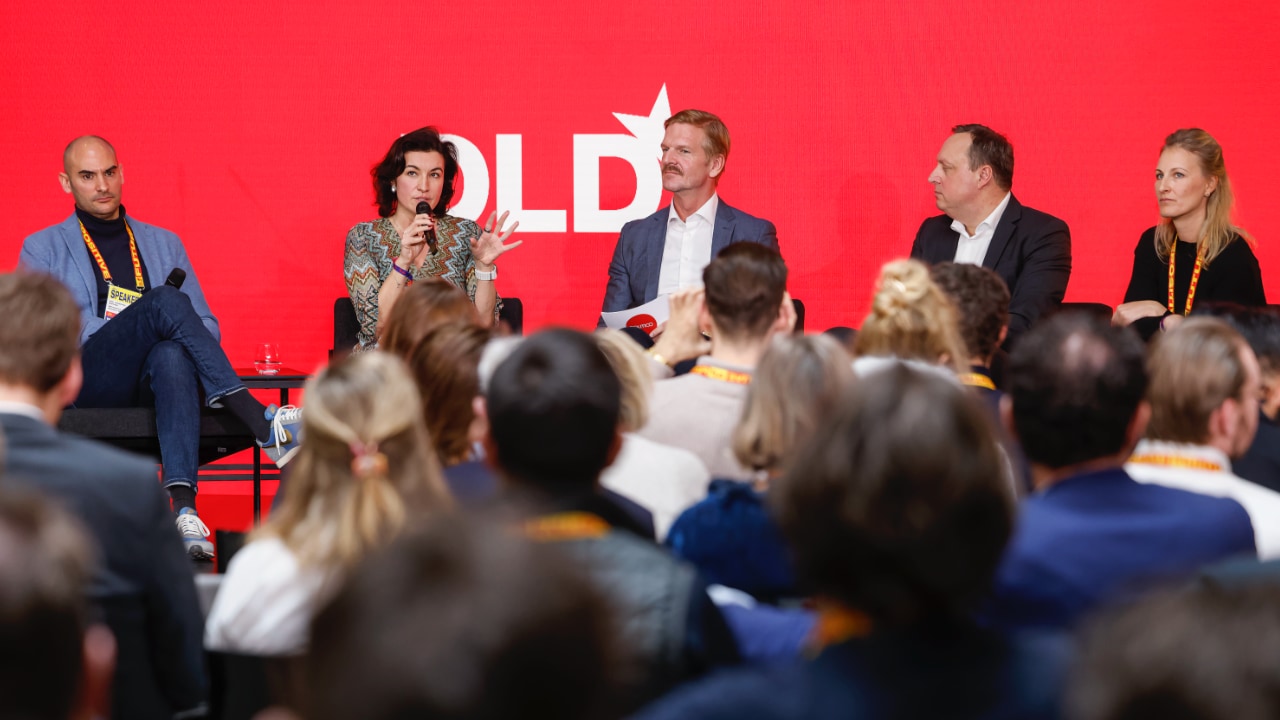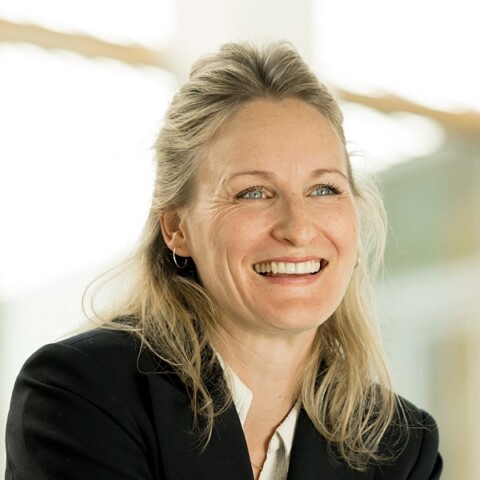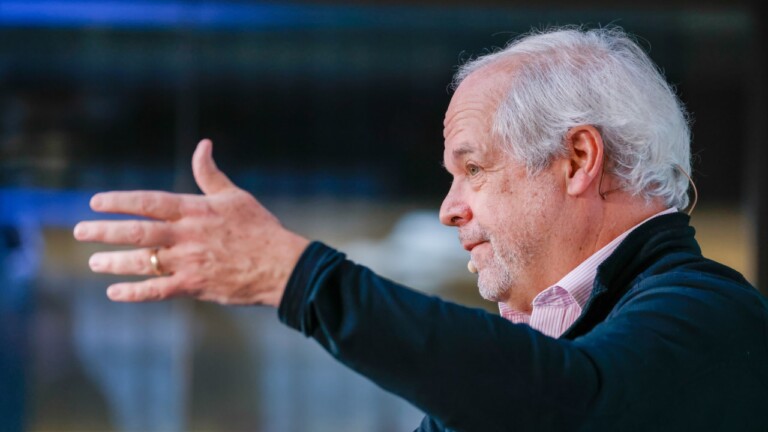Industry leaders and politicians tackle Germany’s digital transformation challenges with surprising consensus across party lines. Moderated by Gordon Repinski (Politico) this DLD25 panel discussion brings together Markus Haas (o2 Telefónica Germany), Marie Niehaus-Langer (EOS) and politicians Dorothee Bär (CDU) and Danyal Bayaz (Alliance 90/The Greens).
In a brief presentation to kick off the conversation, Markus Haas highlights that by 2030, “70% of GDP growth will be influenced by digital ecosystems or digital platforms”, according to the World Bank. “In Germany, we are today below 20, and in Europe, we are below 30%.”
The tools for digital transformation – AI, cloud solutions, and robust 5G networks – are already in place, Haas points out. The challenge, he argues, lies in adopting a “future positive” mindset to overcome bureaucratic hurdles and build a unified digital infrastructure, including a German cloud and digital ID. “We have all that we need”, he emphasizes. “It’s not that we lack resources. I think we need to be bolder.”
Dorothee Bär calls “fighting bureaucracy” one of the most important tasks. “Bureaucracy kills innovation”, she warns, sharing insights from her work with small and medium enterprises.
Danyal Bayaz argues that Germany must pivot toward future technologies. “The question is, how will a country that has been dominating the technologies of the 20th century be dominating technologies of the 21st century?”
Marie Niehaus-Langer brings a business perspective to the discussion, as she warns of the risks of inaction in the face of global competition, particularly from China.
She stressed the importance of a clear strategy to support innovative technologies like 3D printing, which has long been a backbone of German industry – but she also sees reasons to be “more protective” of domestic markets. “I love the global idea of working together”, she emphasizes. “But it doesn’t seem to work. And it doesn’t seem to work with players that we’re facing right now.”







